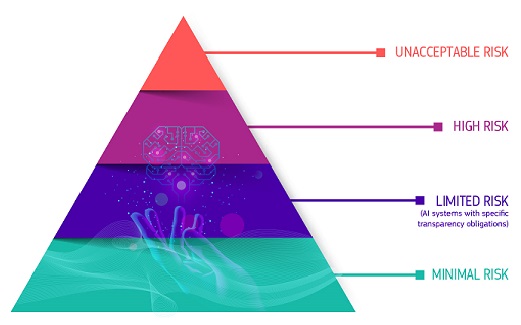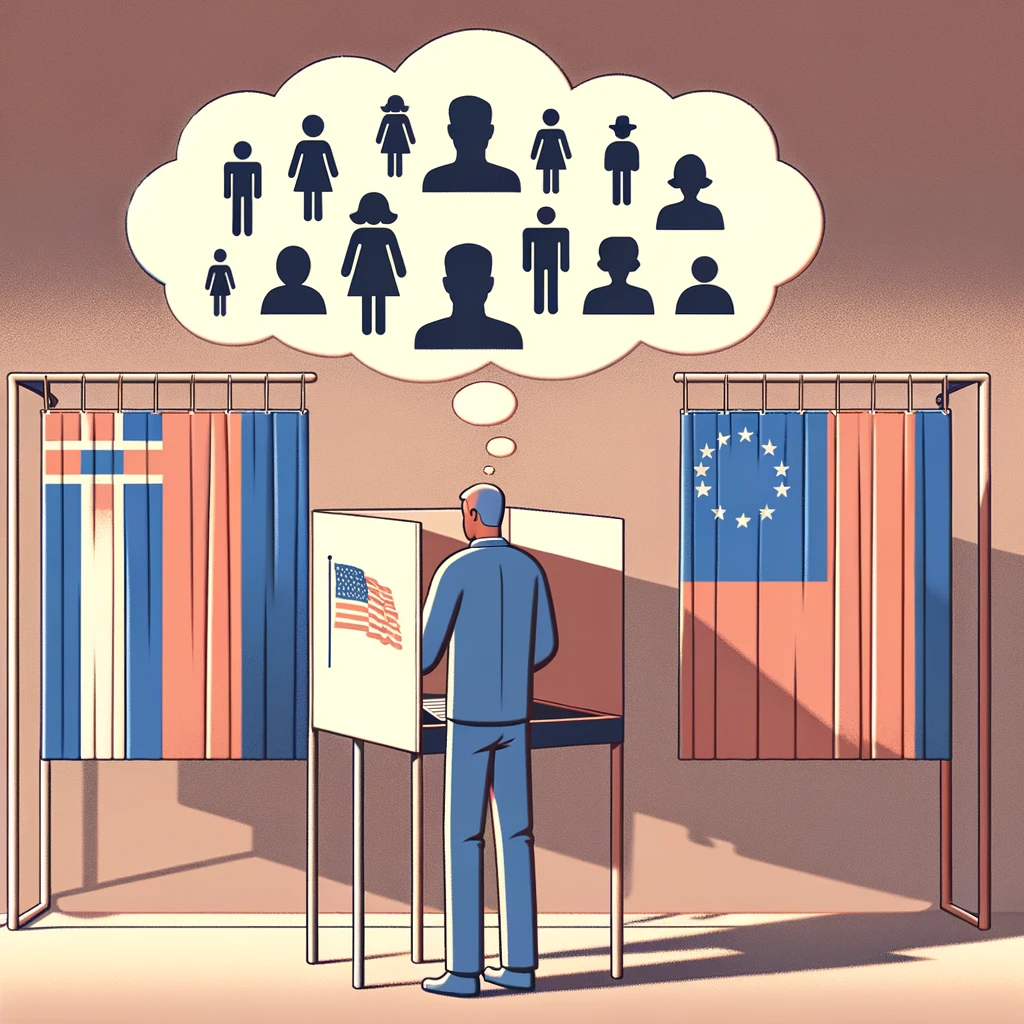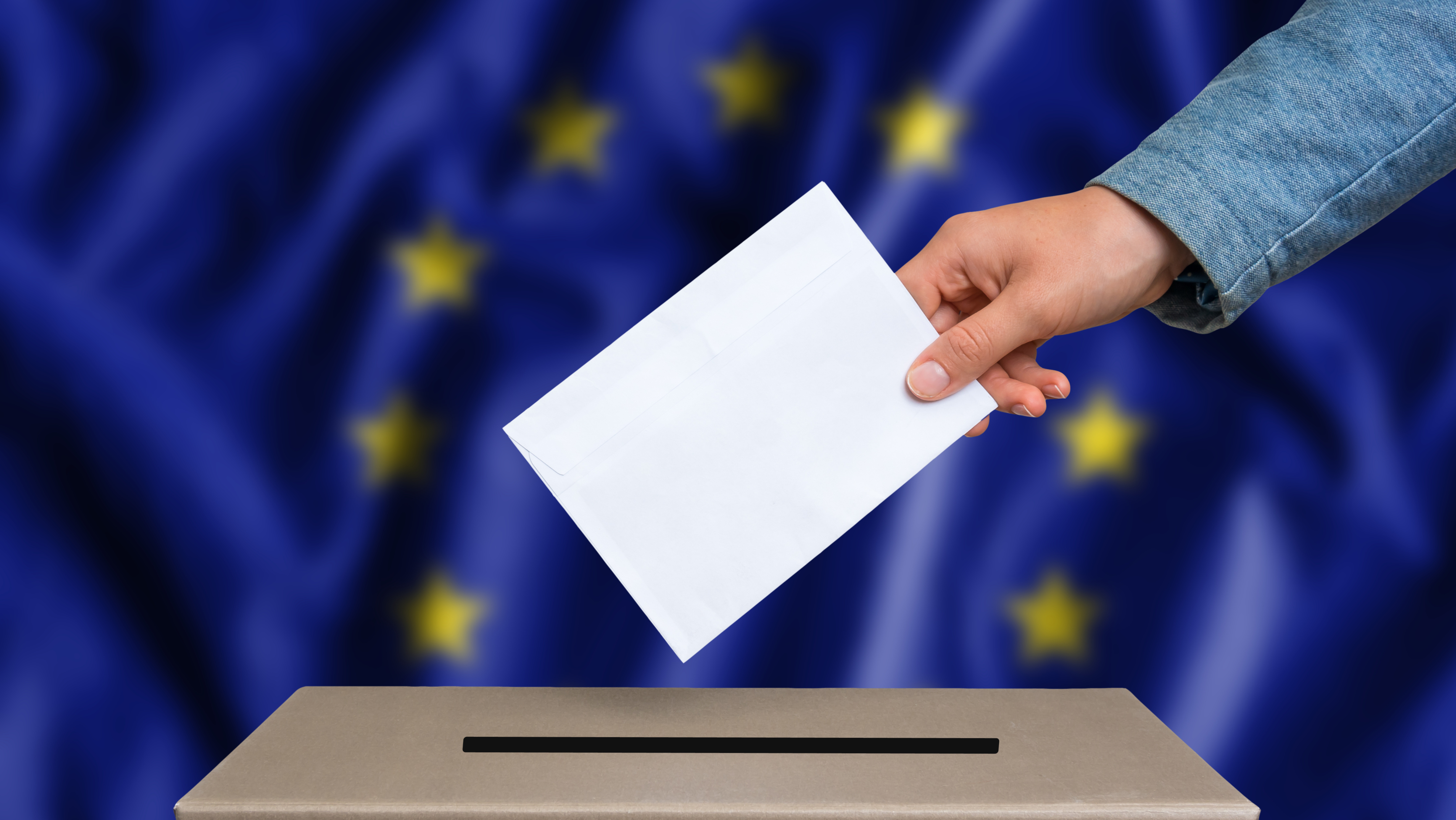
Recently, EAVI and the European Digital Learning Network (DLEARN), in collaboration with Prof. Przemek Sękalski of the Technical University of Lodz, worked together in developing an EU survey that analyses citizens awareness regarding their digital footprint.
The survey aims to analyse how much control participants exercise over this digital footprint and how much control they wish they could have as well are looking at the safety aspects they would like to see in place in the future! The aim is to study the results to highlight potential areas in education and training that could be improved to boost the awareness and levels of skills surrounding each individual’s digital footprint and how to conduct yourself online!
Ultimately the results will be shared with bodies such as the European Commission, European Parliament and Council of Europe to encourage action and measures to improve the situation.
But why do we need to pose such questions?
Motivation comes from recent events regarding internet security and personal data breaches taking place all around Europe.
Your digital footprint is the trail of data you leave behind when you use the internet, and this is important because whether we want to or not, this contributes to a portrait of who we are, and it is probably more public than most of us realise. No matter what we do on line we leave a trail and its important to be aware about the possible effects of this.
So why should you care about this trail?
Everything you do online is permanent, and it builds a profile of you. Whether you give consent or not it is likely that your information is being gathered by a range of advertisers, companies and organisations. In today’s digital economy this information is more important than ever. Gathered using cookies, this information builds a profile of you based on demographics, interests, religion, sexuality, politics etc. and can then be used to track your online activity and target you with specific advertisement. You may have noticed that if you look at a pair of shoes on a website one day, the very same pair will appear in an advertisement on Facebook the next day!
In a more serious aspect, employers are now also aware of current and prospective employee’s activity online. It is becoming more and more popular to conduct online background checks before hiring someone. If something is deemed inappropriate a candidate could be out of the running for the job.
This may not seem fair, but it is also a feature of an evolving digitalised society where how things are done is constantly evolving.
So, what can we do to tackle this? The answer is media and digital literacy. The simple key to conducting yourself online in a fashion that will not come to haunt you later is to just be aware of the consequences and put checks in place to ensure you are protected.
So, at the base of it all is education and awareness. We need to ensure that we are not putting the responsibility in the hands of the internet giants and platforms to protect us and taking responsibility for ourselves and our own futures. Fortunately, it will not take a lot to enable this.
For example, just thinking before you post anything on the internet is key. Reflect on how something with portray yourself. Could it be seen in a negative light? Protecting personal data is also easily kept in check with keeping personal addresses, phone numbers, credit card numbers etc. private. Some may even consider using a different name! If you do in fact use details for something online, you can delete it afterwards rather that letting the data be saved.
These are just little steps that you as an individual can take in shaping your online profile and data trail.
But first, take the survey and see just how aware you are…!

Recently, EAVI and the European Digital Learning Network (DLEARN), in collaboration with Prof. Przemek Sękalski of the Technical University of Lodz, worked together in developing an EU survey that analyses citizens awareness regarding their digital footprint.
The survey aims to analyse how much control participants exercise over this digital footprint and how much control they wish they could have as well are looking at the safety aspects they would like to see in place in the future! The aim is to study the results to highlight potential areas in education and training that could be improved to boost the awareness and levels of skills surrounding each individual’s digital footprint and how to conduct yourself online!
Ultimately the results will be shared with bodies such as the European Commission, European Parliament and Council of Europe to encourage action and measures to improve the situation.
But why do we need to pose such questions?
Motivation comes from recent events regarding internet security and personal data breaches taking place all around Europe.
Your digital footprint is the trail of data you leave behind when you use the internet, and this is important because whether we want to or not, this contributes to a portrait of who we are, and it is probably more public than most of us realise. No matter what we do on line we leave a trail and its important to be aware about the possible effects of this.
So why should you care about this trail?
Everything you do online is permanent, and it builds a profile of you. Whether you give consent or not it is likely that your information is being gathered by a range of advertisers, companies and organisations. In today’s digital economy this information is more important than ever. Gathered using cookies, this information builds a profile of you based on demographics, interests, religion, sexuality, politics etc. and can then be used to track your online activity and target you with specific advertisement. You may have noticed that if you look at a pair of shoes on a website one day, the very same pair will appear in an advertisement on Facebook the next day!
In a more serious aspect, employers are now also aware of current and prospective employee’s activity online. It is becoming more and more popular to conduct online background checks before hiring someone. If something is deemed inappropriate a candidate could be out of the running for the job.
This may not seem fair, but it is also a feature of an evolving digitalised society where how things are done is constantly evolving.
So, what can we do to tackle this? The answer is media and digital literacy. The simple key to conducting yourself online in a fashion that will not come to haunt you later is to just be aware of the consequences and put checks in place to ensure you are protected.
So, at the base of it all is education and awareness. We need to ensure that we are not putting the responsibility in the hands of the internet giants and platforms to protect us and taking responsibility for ourselves and our own futures. Fortunately, it will not take a lot to enable this.
For example, just thinking before you post anything on the internet is key. Reflect on how something with portray yourself. Could it be seen in a negative light? Protecting personal data is also easily kept in check with keeping personal addresses, phone numbers, credit card numbers etc. private. Some may even consider using a different name! If you do in fact use details for something online, you can delete it afterwards rather that letting the data be saved.
These are just little steps that you as an individual can take in shaping your online profile and data trail.
But first, take the survey and see just how aware you are…!

Recently, EAVI and the European Digital Learning Network (DLEARN), in collaboration with Prof. Przemek Sękalski of the Technical University of Lodz, worked together in developing an EU survey that analyses citizens awareness regarding their digital footprint.
The survey aims to analyse how much control participants exercise over this digital footprint and how much control they wish they could have as well are looking at the safety aspects they would like to see in place in the future! The aim is to study the results to highlight potential areas in education and training that could be improved to boost the awareness and levels of skills surrounding each individual’s digital footprint and how to conduct yourself online!
Ultimately the results will be shared with bodies such as the European Commission, European Parliament and Council of Europe to encourage action and measures to improve the situation.
But why do we need to pose such questions?
Motivation comes from recent events regarding internet security and personal data breaches taking place all around Europe.
Your digital footprint is the trail of data you leave behind when you use the internet, and this is important because whether we want to or not, this contributes to a portrait of who we are, and it is probably more public than most of us realise. No matter what we do on line we leave a trail and its important to be aware about the possible effects of this.
So why should you care about this trail?
Everything you do online is permanent, and it builds a profile of you. Whether you give consent or not it is likely that your information is being gathered by a range of advertisers, companies and organisations. In today’s digital economy this information is more important than ever. Gathered using cookies, this information builds a profile of you based on demographics, interests, religion, sexuality, politics etc. and can then be used to track your online activity and target you with specific advertisement. You may have noticed that if you look at a pair of shoes on a website one day, the very same pair will appear in an advertisement on Facebook the next day!
In a more serious aspect, employers are now also aware of current and prospective employee’s activity online. It is becoming more and more popular to conduct online background checks before hiring someone. If something is deemed inappropriate a candidate could be out of the running for the job.
This may not seem fair, but it is also a feature of an evolving digitalised society where how things are done is constantly evolving.
So, what can we do to tackle this? The answer is media and digital literacy. The simple key to conducting yourself online in a fashion that will not come to haunt you later is to just be aware of the consequences and put checks in place to ensure you are protected.
So, at the base of it all is education and awareness. We need to ensure that we are not putting the responsibility in the hands of the internet giants and platforms to protect us and taking responsibility for ourselves and our own futures. Fortunately, it will not take a lot to enable this.
For example, just thinking before you post anything on the internet is key. Reflect on how something with portray yourself. Could it be seen in a negative light? Protecting personal data is also easily kept in check with keeping personal addresses, phone numbers, credit card numbers etc. private. Some may even consider using a different name! If you do in fact use details for something online, you can delete it afterwards rather that letting the data be saved.
These are just little steps that you as an individual can take in shaping your online profile and data trail.
But first, take the survey and see just how aware you are…!






















































































































































